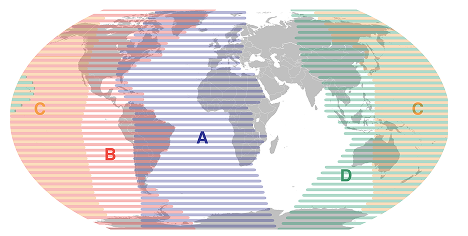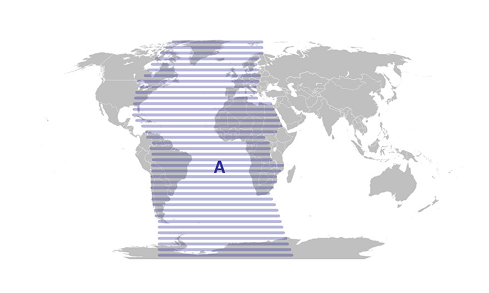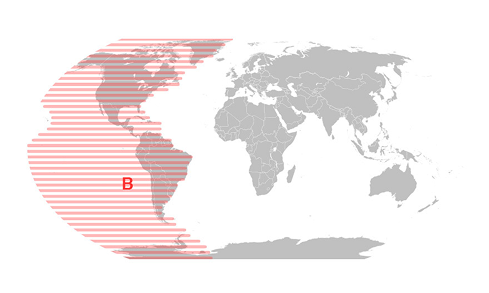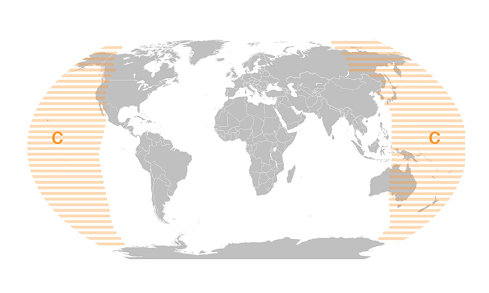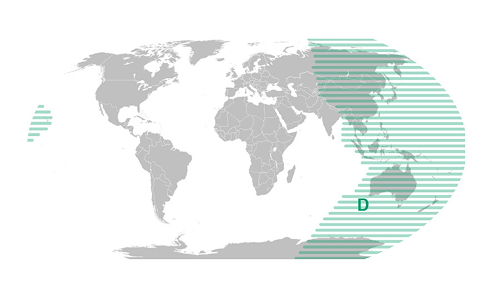Advanced Online Course For COSP Facilitators
Circle of Security International (COSI) is excited to introduce a new online course for registered COSP Facilitators. The course, Shark Music and The Core Sensitivities, offers facilitators a deeper journey into understanding one of our most well-known metaphors, Shark Music.
Shark Music is a term developed by the originators of COS to describe the uncomfortable and even fearful feelings, thoughts, and sensations that arise when we perceive a threat or challenge in our relationships that is actually safe. Because it evokes fear, Shark Music can affect our behavior and emotions and interfere with our ability to respond in ways that promote security in our relationships.
Core Sensitivities are specific and predictable themes that shape our Shark Music and reflect our early relational history. By learning to recognize our Core Sensitivities, we can work to reduce the intensity of our Shark Music and increase our capacity for secure relationships.
Shark Music and the Core Sensitivities is part of COSI's Path to Secure Hands Learning Series
The Shark Music and The Core Sensitivities course helps COSP Facilitators to recognize and manage their own Shark Music by learning to identify predictable themes, as well as to support caregivers and early care professionals in doing the same. The course includes:
- Review of Shark Music and how it leads to Limited Circles
- Definitions and characteristics of the three Core Sensitivities to understand the predictable protective responses used when we hear our Shark Music
- Exercises for COSP facilitators to practice applying these concepts and improve their facilitation skills
- Opportunities to learn more about your own Core Sensitivity
Shark Music and the Core Sensitivities is informed by the feedback and experiences of hundreds of COSP Facilitators from around the world who have participated in previous online trainings offered by COSI. It is designed to be flexible and self-paced. COSP Facilitators can enroll in the online course at any time and have 60 days to complete the course which takes approximately 10 hours and costs $350 USD. Continuing education credit is available.
Shark Music and The Core Sensitivities is part of the Path to Secure Hands Learning Series, which consists of three courses that follow the model of change used by COSP Facilitators. The other two courses are: The Bigger, Stronger, Wiser, Kind (BSWK) Facilitator and The Reflective Facilitator.
COSI is committed to providing high-quality and accessible training opportunities for COSP Facilitators who wish to deepen their knowledge and skills in delivering COSP. By taking the Shark Music and The Core Sensitivities course, COSP Facilitators will improve their facilitation skills and their capacity to be Bigger, Stronger, Wiser, and Kind.




